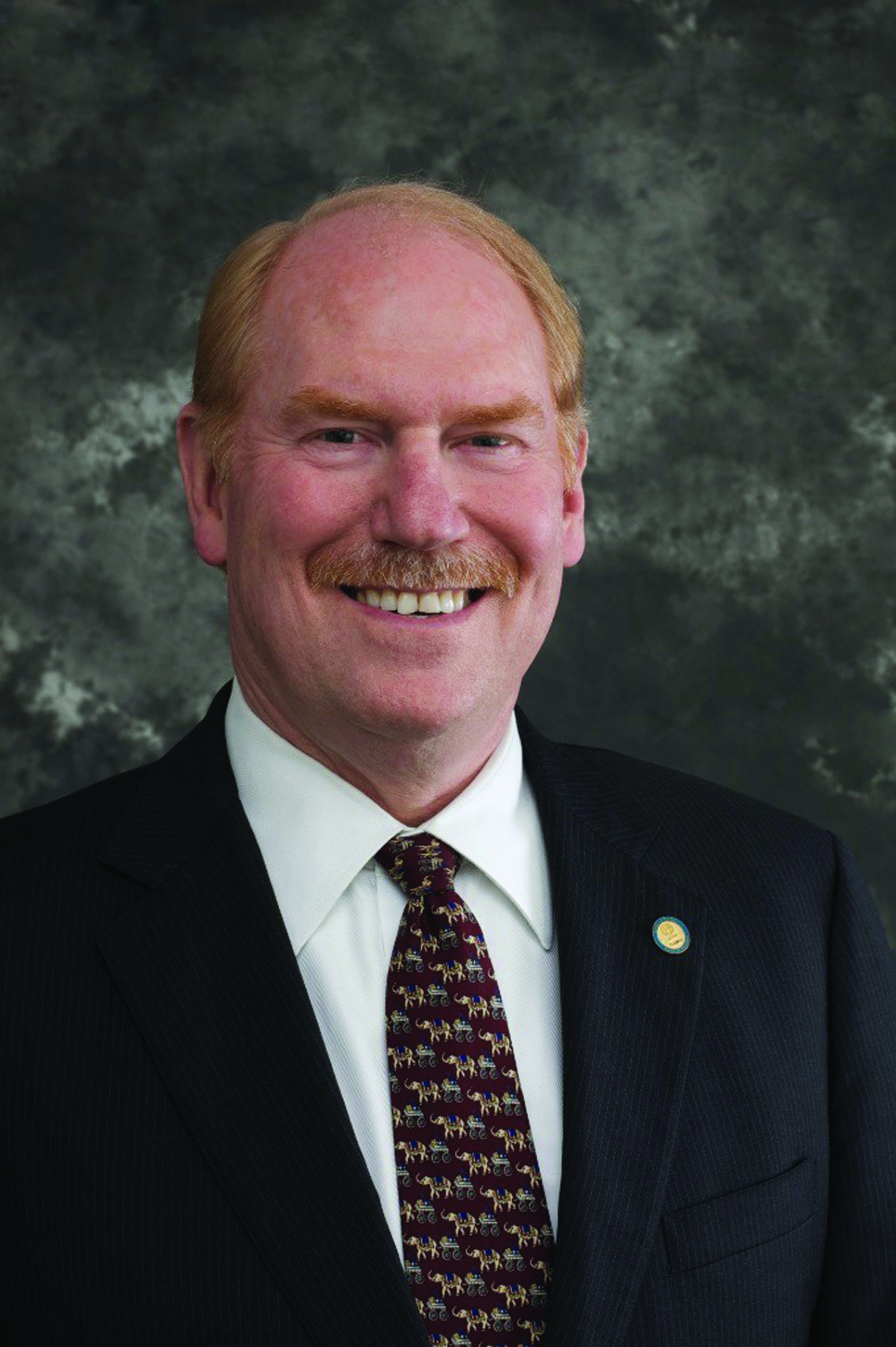Study shows pharmacists prevent hospital readmissions…but we already knew that
Check out this JAPhA study that helps quantify the value pharmacists add to health care, particularly as it pertains to hospitalization and readmissions. The study backs up our experiences showing how pharmacists’ involvement as a member of the health care team can improve outcomes and save money. Health systems have noticed, too: pharmacists are increasingly involved with transitions of care.
The study describes a Hawaii quality improvement practice—known as Pharm2Pharm, the recipient of a CMS Health Care Innovation Award—supporting a pharmacist-led care transition model in which hospital consulting pharmacists identify patients at risk for medication-related readmissions and formally hand them off at discharge to a community consulting pharmacist.
Hospital consulting pharmacists identified 401 readmitted patients who were enrolled in the transition model and worked to determine what brought them back to the hospital.
The hospital consulting pharmacists found that 26% of the readmissions were potentially preventable and related to medication—for example, nonadherence owing to patient choice, conditions that would benefit from medication therapy, and improper dose. As part of the transition model, the hospital consulting pharmacists then contacted the community consulting pharmacist and discussed ways of preventing future readmissions.
The researchers noted that the quality improvement practice could be used in any setting where pharmacists are tasked with reducing medication-related hospital admissions.
Read the study for all the details, but the research boils down to the fact that access to pharmacists’ patient care services can be leveraged to prevent medication-related hospital admissions, which cost the health care system billions of dollars a year.
This has been APhA’s message to the elected officials who have the power to enact pharmacist provider status recognition. I also encourage you to use the data in this study to reach out to your fellow health professionals and make the case for pharmacist involvement in care as we shift to value-based payment models.

